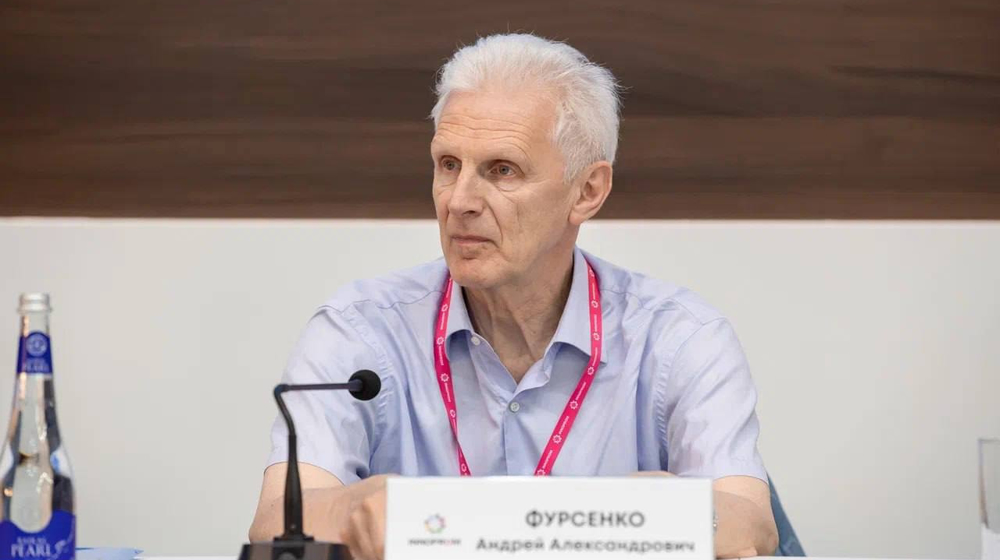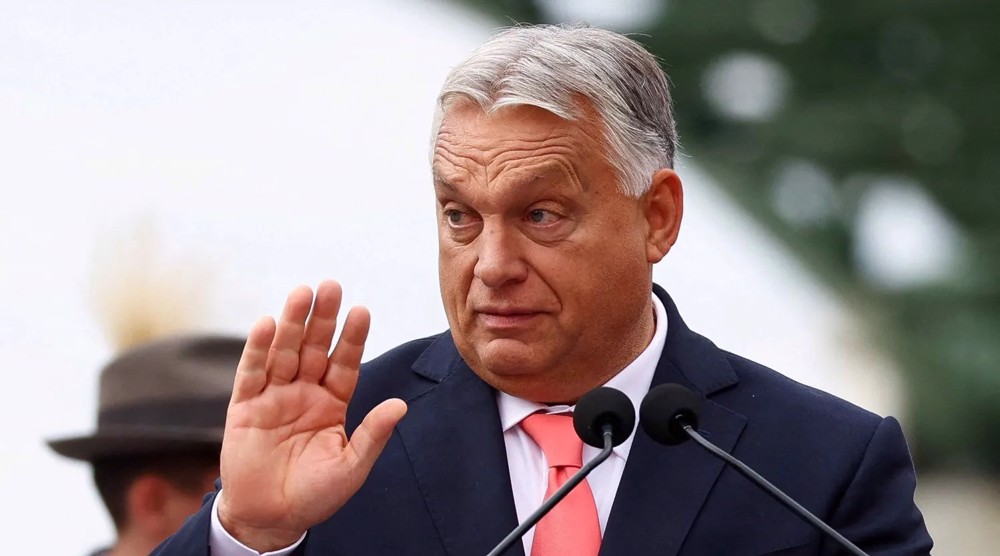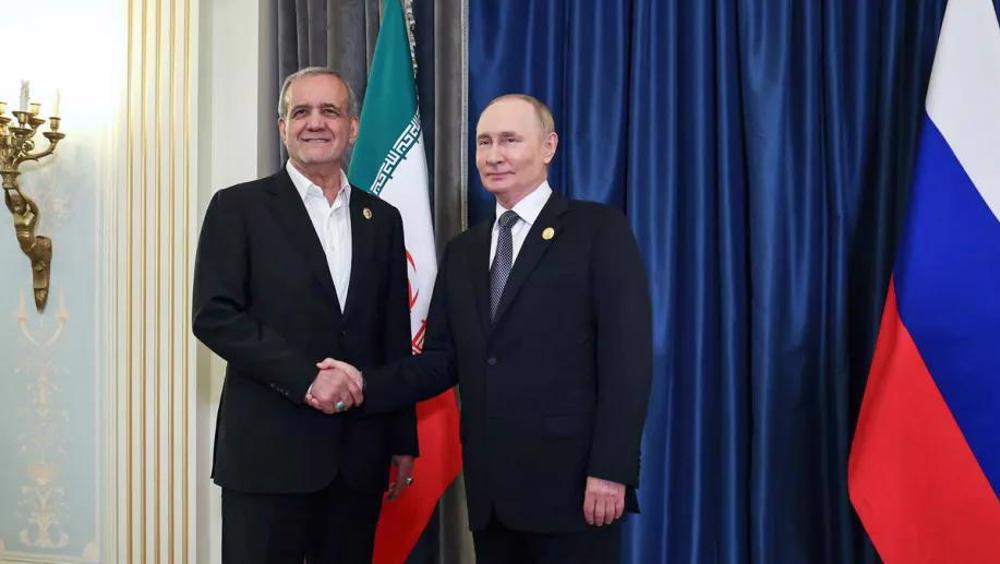Russian nuclear-capable bombers fly near North Korea amid US drills
Russia has sent nuclear-capable bombers near North Korea amid an ongoing military exercise by the United States and South Korea in the region and at a time of heightened tensions over North Korea’s intensified missile activity.
Japanese and South Korean militaries said Thursday that they had scrambled fighter jets to escort Russia’s Tupolev-95MS bombers after they flew over the Pacific Ocean, the Sea of Japan, the Yellow Sea and the East China Sea.
Russia’s Defense Ministry confirmed the bombers had been dispatched to the area and said the mission was part of regular flights conducted over neutral waters.
“Our long-range aviation pilots, according to an established plan, regularly carry out flights over neutral waters over the Atlantic, the Arctic, the Black Sea and the Pacific Ocean from their bases and from tactical airfields,” said the ministry in a statement, without elaborating on how many aircraft had been involved or when the mission had taken place.
The statement said refueling was carried out during the mission, adding that Japanese and South Korean military jets escorted the TU-95MS bombers during parts of the route.
Tupolev-95MS, code named "Bears" by NATO, is seen by some military experts as a relic of the Cold War. The strategic aircraft has been upgraded over the years and Moscow has used them on several occasions since 2007.

The flight near North Korea, which also involved other state-of-the-art Russian aircraft, comes at a very sensitive time for regional diplomacy.
The US and allies in the region have become locked in a fresh dispute with North Korea after Pyongyang tested two intercontinental ballistic missiles last month. North Korea responded to the ensuing economic sanctions and threats of military attack by the US with announcing plans for targeting the American island of Guam. The US and South Korea are also in the midst of a large-scale military exercise, something that has prompted criticism from Russia.
Maria Zakharova, a spokeswoman for the Russian Foreign Ministry, said Thursday that the timing of the drills, which began Monday, was wrong as it could spark fresh confrontation in the region.
“We urge all sides to exercise maximum caution. Given the arms build-up in the region, any rash move or even an unintended incident could spark a military conflict,” said Zakharova.
“The US and South Korea holding yet more large-scale military and naval exercises does not help reduce tensions on the Korean Peninsula,” she added.
Six top Trump administration officials appear in Epstein files
VIDEO | Press TV's news headlines
Gaza Nasser Hospital slams MSF’s ‘unsubstantiated’ claims as medical work suspended
Jordan condemns Israeli incursions at Al-Aqsa Mosque as 'flagrant violation'
Ex-Ukrainian energy minister arrested amid corruption probe while trying to flee
VIDEO | Israel using militias to deepen chaos in Gaza
Putin’s aide praises Iran’s ‘competitive’ technological achievements
VIDEO | Brussels exhibition exposes Western-backed genocide in Gaza














 This makes it easy to access the Press TV website
This makes it easy to access the Press TV website